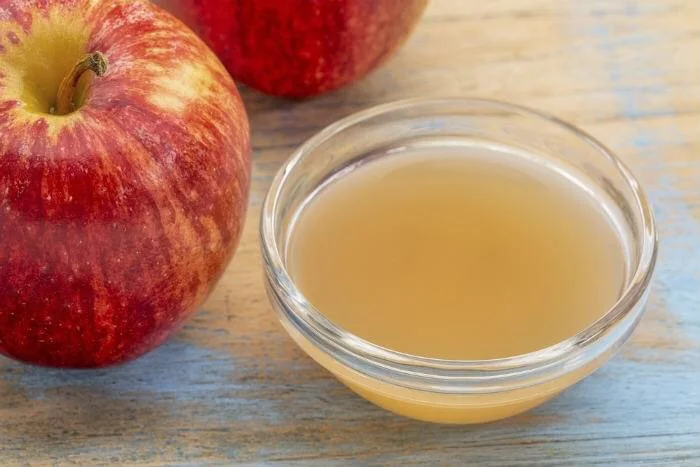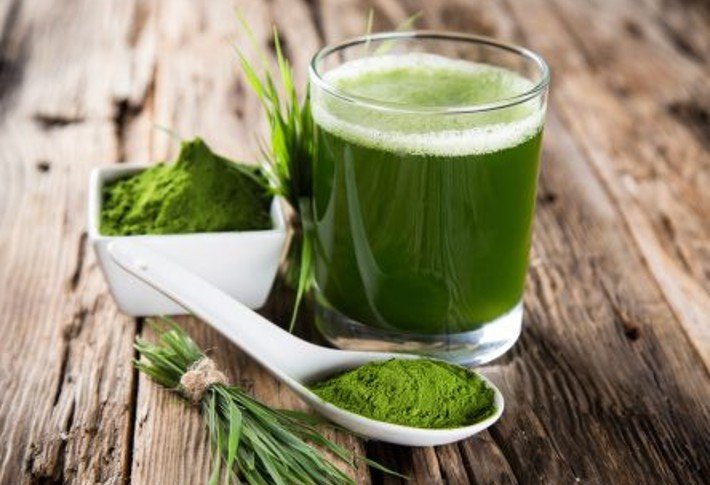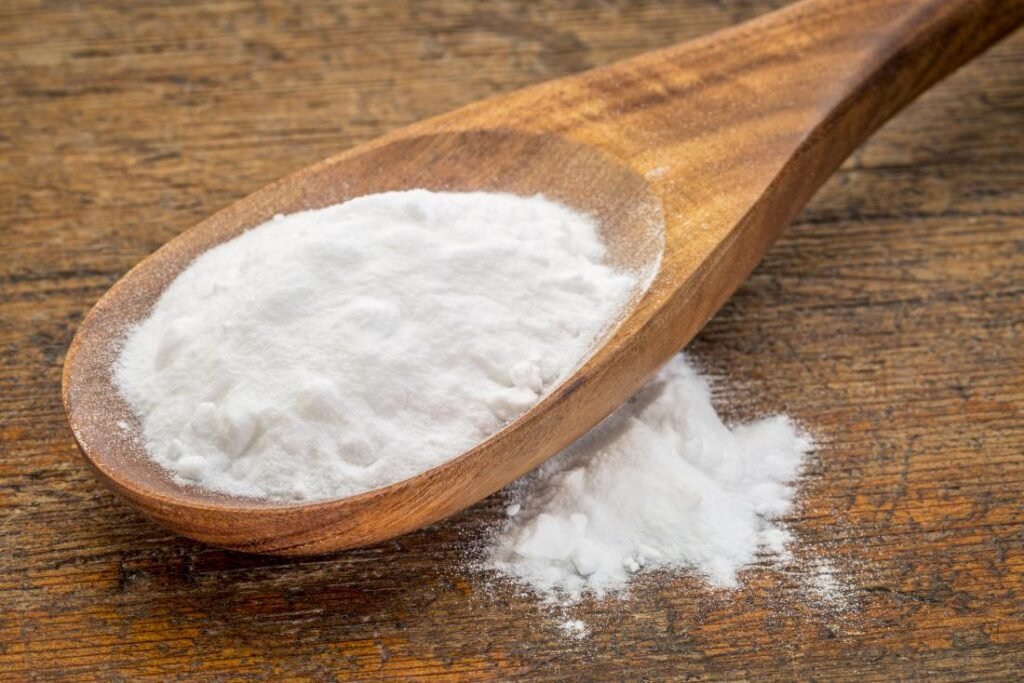Table of Contents
Does apple cider vinegar burn your stomach? It’s a common question, especially since apple cider vinegar is often praised for its digestive benefits. While ACV can be helpful, it can also lead to stomach burn and discomfort for some individuals. This article delves into the reasons why apple cider vinegar might be irritating your stomach and provides practical solutions to soothe your symptoms and restore digestive balance.
Does Apple Cider Vinegar Burn Your Stomach?

all right so this topic is in response to someone that wanted to know why is the upside of vinegar burning my stomach it’s supposed to help me okay let’s just talk about that normally when a person has acid reflux GERD
which stands for gastro and Safa Geel reflux disorder which is a situation where the valve is not closing and the acid comes up into the esophagus or you have heartburn indigestion or bloating when you take out some vinegar normally that helps a person but on occasion it can worsen the situation why is that
- Apple cider vinegar usually helps with acid reflux and GERD
- GERD: Gastroesophageal reflux disorder
- Symptoms: heartburn, indigestion, bloating
- Apple cider vinegar can sometimes worsen symptoms
why apple cider vinegar may burn your stomach

because either the person has an ulcer and you put acid on alter that hurts or they have gastritis which is inflammation of the stomach or just inflammation of some part of the digestive system
so you’re putting this acid on an inflamed area you’re going to make it worse now in this situation you want to avoid apple cider vinegar but I think taking a little opposite of vinegar to determine if it makes you feel better or worse is a good thing because you can quickly rule out if potentially you have one of these situations or if you have low stomach acid which is the more common situation
- Possible reasons for stomach burning:
- Ulcer
- Gastritis (stomach inflammation)
- Inflammation in the digestive system
- Low stomach acid (more common)
because normally the stomach pH should be between one and three that’s very very acidic and if it’s not acidic enough what happens the food doesn’t digest it becomes incomplete and you start getting like a bloating indigestion which is kind of a backup you’re just not breaking down the food properly
and also realizes a side note you need a strong acidic stomach to even release the other digestive organs to that like the release of bile from the liver the release of certain enzymes from the pancreas so it all works together
- Normal stomach pH: 1-3 (very acidic)
- Insufficient acidity leads to incomplete digestion
- Symptoms: bloating, indigestion
- Strong stomach acid triggers release of bile and enzymes
so basically if you take up a set of vinegar it’s gonna make you feel better or worse if it makes you feel worse you want to avoid it okay you want to first heal the ulcer or the gastritis or the inflammatory condition and what I’m gonna recommend is chlorophyll

you can find a supplement or use wheatgrass juice powder but the chlorophyll is a great healer for all three of these and it does take some time it does take a series of months
- If apple cider vinegar makes you feel worse, avoid it
- Heal ulcers, gastritis, or inflammation first
- Recommended remedy: Chlorophyll
- Sources: Supplements or wheatgrass juice powder
- Healing takes time (several months)
heal your digestive system before you use apple cider vinegar
what you really need is more acid but we can’t do that until the stomach heals so we have to recommend this step first then this step later down the road when this is healed up cabbage by the way has a natural chemical called glutamine
which is really good for peptic ulcers and inflammatory conditions in definitely gastritis so cabbage juice is really beneficial you can get to them in tablets or you can even get glutamine and tablets too it’s a good healer for ulcers so a good probiotic is very important to not only to act as a defense mechanism against the pathogens that could cause these and also to add just more complete digestion in other parts of the digestive tract
- Increase acid after stomach healing
- Cabbage juice: Contains glutamine, good for ulcers and gastritis
- Glutamine available in tablet form
- Probiotics: Important for digestive health
- Probiotics defend against pathogens and aid digestion

one last point I want to make is that when you take baking soda for example your alkalizing the acid and yes it might make you feel better temporarily but realize that if you’re going to alkalize the body with either baking soda or alkali tzer’s or whatever like calcium carbonate
you’re going to take the little bit of acid you have left and weaken that acid and it’s going to be hard to recover because you need a really acidic strong acid to digest at the stomach level so this may help you temporarily but in the long run it’s gonna actually make things worse
- Avoid using baking soda or alkalizers regularly
- Alkalizing agents weaken stomach acid
- Temporary relief but can worsen condition long-term
- Strong stomach acid is crucial for proper digestion
Summary
Normally when a person has acid reflux, GERD, heartburn, indigestion, or bloating then consuming apple cider vinegar is helpful. But sometimes it can make your situation worse. I’ll explain why.
If you have an ulcer, putting apple cider vinegar on it will make it burn. The same goes if you have gastritis, or a general inflammation of the digestive system. Putting acid on an inflamed area makes it worse, so you want to avoid taking apple cider vinegar. But first, take a little to see if it helps or makes your situation worse.
You may also have low stomach acid, which is the more common situation. Your stomach is normally very acidic. If it’s not acidic enough, your body can’t properly digest food. You also need enough acid to allow your body to release enough bile from the liver, and enzymes from your pancreas.
If apple cider vinegar burns your digestive system, then you need to heal the problem. My first recommendation is that you consume chlorophyll in a supplement or in wheat grass juice powder. Chlorophyll is a great healer, but it does take a number of months. Once your stomach is healed, then take apple cider vinegar again.
Cabbage is a rich source of glutamine, which is very beneficial for ulcers and other gastric inflammatory conditions. You can drink cabbage juice, or take glutamine tablets.
A good probiotic is also important. Not only is it a defense mechanism against the pathogens that cause ulcers and inflammation, probiotics will aid in more complete digestion throughout your digestive tract.
One last point I want to make is that when you take baking soda, you might feel better temporarily, but realize when you take it or other alkalizer such as calcium carbonate, you’re going to further weaken the stomach acid you do have.
While apple cider vinegar is very beneficial for your health, you may need to first heal your digestive system.
DATA
https://www.health.harvard.edu/blog/apple-cider-vinegar-for-heartburn-2018032813530
FAQ
Why does my stomach burn when I drink apple cider vinegar?
Apple cider vinegar (ACV) can cause a burning sensation in the stomach for several reasons. The primary component, acetic acid, is a weak acid that can irritate the stomach lining, particularly if consumed undiluted or in excessive amounts.
- Acidic Nature: The high acidity of ACV may aggravate pre-existing conditions like gastritis or ulcers, leading to discomfort or burning sensations.
- Low Stomach Acid: Interestingly, some individuals may experience burning if they have low stomach acid. In such cases, the introduction of ACV can disrupt the digestive process, causing discomfort as the body struggles to process food properly.
- Reflux Issues: For those with gastroesophageal reflux disease (GERD), consuming ACV might exacerbate symptoms by relaxing the lower esophageal sphincter, allowing stomach acid to flow back into the esophagus, which can feel like a burning sensation[1][4].
Can apple cider vinegar hurt your stomach?
Yes, apple cider vinegar can hurt your stomach, especially if consumed in large quantities or without proper dilution.
- Irritation: The acetic acid in ACV can irritate the stomach lining, leading to nausea, heartburn, or even digestive distress.
- Digestive Disorders: Individuals with conditions like gastroparesis or ulcers should avoid ACV as it can worsen symptoms by slowing stomach emptying or irritating inflamed tissues[2][5].
- Dosage Matters: It’s generally recommended to dilute ACV in water before consumption to mitigate its harsh effects on the stomach[3].
Does apple cider vinegar burn belly?
Apple cider vinegar can indeed cause a burning sensation in the belly, particularly if taken in excess or on an empty stomach.
- Acidic Reaction: The acetic acid can lead to irritation of the stomach lining and digestive tract, resulting in discomfort or a burning feeling.
- Individual Sensitivity: Some people may be more sensitive to acidic foods and beverages, leading to a heightened sensation of burning or discomfort in the belly[2][3].
Why does cider make my stomach burn?
Cider, particularly if it is acidic or carbonated, can cause stomach burning due to:
- Acidity: Like apple cider vinegar, many ciders contain organic acids that can irritate the stomach lining.
- Carbonation: If the cider is carbonated, the bubbles can increase pressure in the stomach, potentially leading to discomfort or reflux symptoms[1][2].
Does apple cider vinegar make you poop a lot?
Apple cider vinegar can lead to increased bowel movements in some individuals, primarily due to its effects on digestion.
- Digestive Stimulation: ACV may stimulate digestion and promote gut health, which can lead to more frequent bowel movements.
- Laxative Effect: In some cases, the acidity of ACV can have a mild laxative effect, especially if consumed in larger quantities[5].
Apple cider vinegar upset stomach remedy
For those experiencing an upset stomach after consuming apple cider vinegar, consider the following remedies:
- Dilution: Always dilute ACV in water before consuming to reduce its acidity.
- Ginger Tea: Ginger is known for its soothing properties and can help alleviate stomach discomfort.
- Probiotics: Incorporating probiotics can help restore gut health and improve digestion.
- Avoid Triggers: Identify and avoid foods or beverages that may exacerbate your symptoms[2][3][4].
Apple cider vinegar benefits
Apple cider vinegar is associated with several potential health benefits:
- Weight Management: Some studies suggest that ACV can aid in weight loss by increasing feelings of fullness.
- Blood Sugar Control: It may help lower blood sugar levels and improve insulin sensitivity.
- Digestive Health: ACV can promote healthy digestion and gut flora when consumed appropriately.
- Antimicrobial Properties: The acetic acid in ACV has been shown to have antibacterial effects, which can be beneficial for gut health[2][3].
20 benefits of apple cider vinegar
- Aids in weight loss
- Helps regulate blood sugar levels
- Improves insulin sensitivity
- Supports heart health
- Enhances skin health
- Reduces cholesterol levels
- Acts as a natural detoxifier
- Promotes digestive health
- Alleviates sore throat symptoms
- May improve gut health
- Reduces appetite
- Helps with acid reflux
- Provides antioxidant benefits
- May enhance nutrient absorption
- Acts as a natural preservative
- Improves skin conditions like acne
- May reduce the risk of heart disease
- Supports liver function
- Can help with sinus infections
- May improve energy levels[3].
Apple cider vinegar for upset stomach and diarrhea
Apple cider vinegar is sometimes used as a home remedy for upset stomach and diarrhea due to its potential to:
- Balance Stomach Acidity: It may help restore balance in the stomach, particularly if low stomach acid is an issue.
- Antimicrobial Effects: The vinegar’s antibacterial properties may help combat harmful bacteria that could cause digestive upset.
However, caution is advised as excessive consumption can lead to further digestive issues[2][5].
7 reasons you need to drink apple cider vinegar every night before bed
- Supports weight loss efforts
- Helps regulate blood sugar levels
- May improve digestion overnight
- Enhances detoxification processes
- Promotes better sleep quality
- Reduces nighttime cravings
- Supports heart health[3].
Who should not take apple cider vinegar?
Certain individuals should avoid apple cider vinegar, including:
- Those with ulcers or gastritis: The acidity can worsen these conditions.
- Individuals with gastroparesis: ACV can slow stomach emptying.
- People on certain medications: ACV may interact with diuretics or insulin.
- Those with allergies to vinegar: Allergic reactions can occur in sensitive individuals[2][4].




